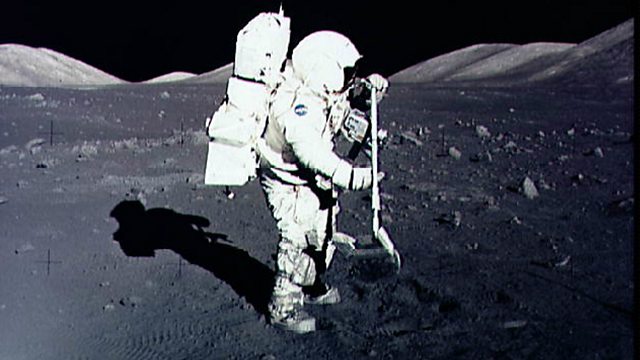The future of space exploration
Fifty years after the historic moon landing, what's the current state of space exploration?
This month in 1969 Neil Armstrong became the first man to set foot on the Moon. It was a culmination of human and technological achievement. Both the United States and the Soviet Union claimed victory in space, but for the rest of the world, the race between the two superpowers paved the way for the advancements of military and commercial aviation technology, improvements in health and medical research, and an increase in our understanding of the Earth and its climate. But fifty years after that historic moment, what's the current state of space exploration? Is the US losing its leadership role to countries like China, India and Russia? Is going to Mars a practical use of valuable resources - and how will it benefit science? Join Celia Hatton and guests as they discuss the future of space exploration.
Last on
More episodes
Previous
Contributors
Alexandra Loske - author of Moon: Art, Science, Culture
Doug Millard - Space Curator at the Science Museum in London
Joan Johnson-Freese - US Navy War College
Pablo de León - Human Spaceflight Laboratory, University of North Dakota
Also featuring
Harrison Schmitt - American Astronaut
Minal Rohit - Indian space engineer
Picture
NASA astronaut Harrison Schmitt collects lunar rock samples at the Taurus-Littrow landing site on the moon during the Apollo 17 mission. Credit: AFP PHOTO / NASA
Broadcasts
- Fri 12 Jul 2019 08:06GMT±«Óătv World Service
- Fri 12 Jul 2019 23:06GMT±«Óătv World Service
- Sat 13 Jul 2019 02:06GMT±«Óătv World Service Australasia & Americas and the Caribbean only
- Sat 13 Jul 2019 03:06GMT±«Óătv World Service except Americas and the Caribbean & Australasia
The Real Story Podcast
Subscribe via your favourite podcast app...
Podcast
-
![]()
The Real Story
Global experts and decision makers discuss, debate and analyse a key news story.


